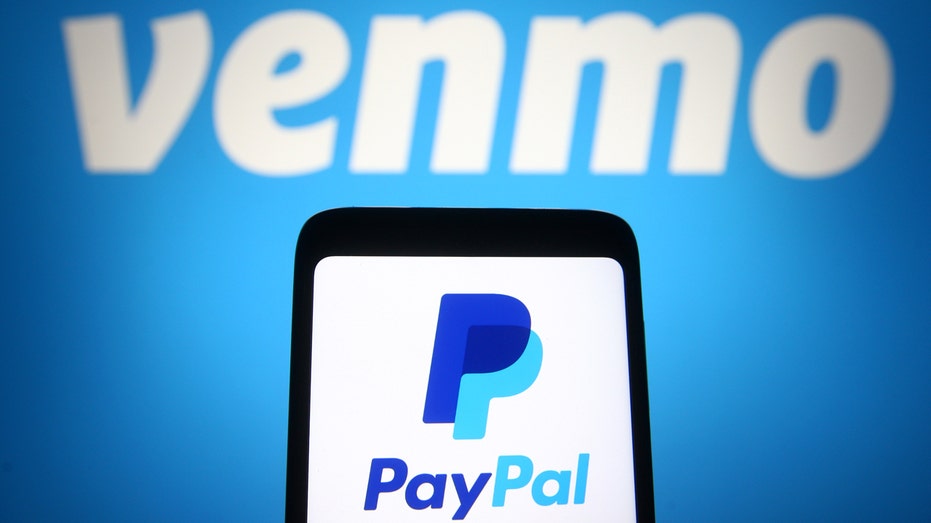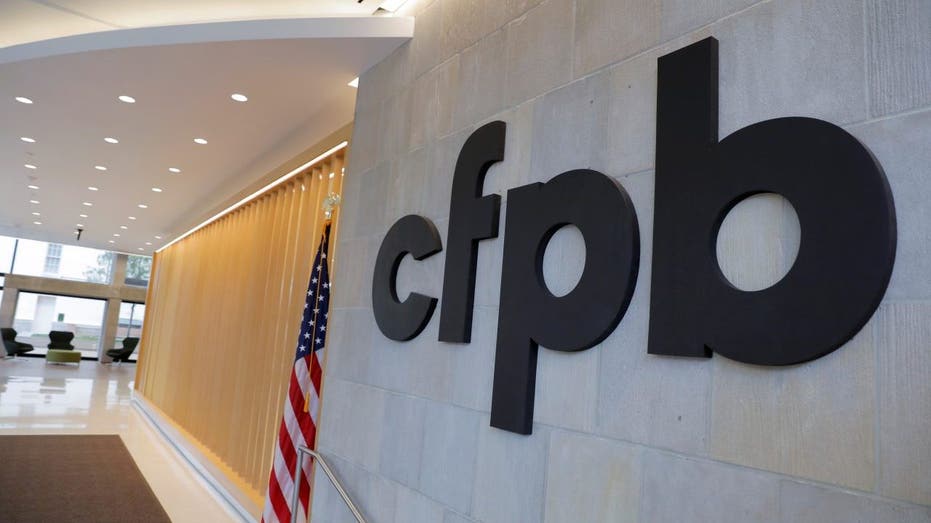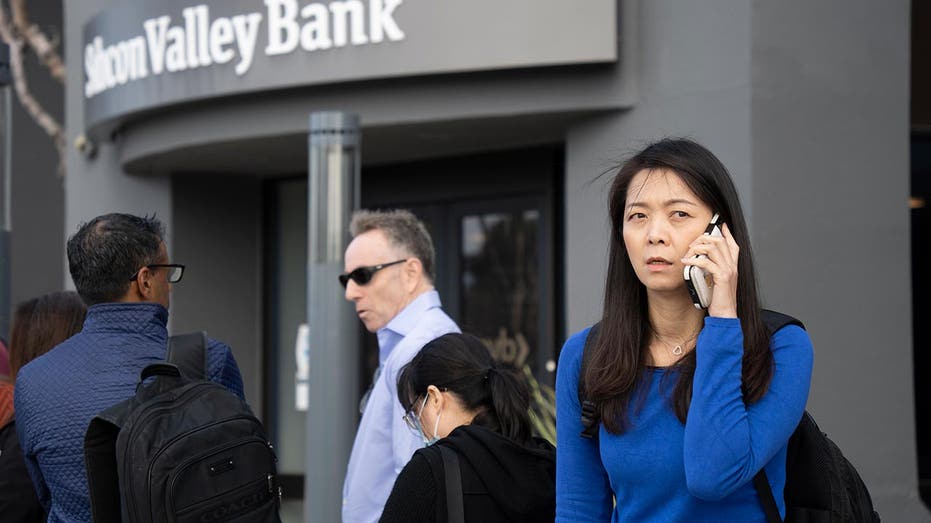Money kept in PayPal, Venmo, other payment apps less safe than if stored in banks, CFPB warns
Agency says funds at greater risk in peer-to-peer apps because they may not be held in an account with deposit insurance
KBW CEO Thomas Michaud calls for FDIC insurance reform to stabilize banking sector
KBW CEO Thomas Michaud discusses the impact of bank turmoil on the U.S. economy.
Funds stored in digital payment apps like PayPal or Venmo may not be covered by federal deposit insurance and are at greater risk during a financial crisis than money held in a bank or credit union account, the Consumer Financial Protection Bureau (CFPB) warned in an advisory Thursday.
"Popular digital payment apps are increasingly used as substitutes for a traditional bank or credit union account but lack the same protections to ensure that funds are safe," CFPB Director Rohit Chopra said in a statement.

The CFPB is warning consumers their funds held in payment apps like PayPal and Venmo may not be covered by federal deposit insurance like traditional banks and credit unions. (Photo Illustration by Pavlo Gonchar/SOPA Images/LightRocket via Getty Images / Getty Images)
The government agency reported that transaction volume across all peer-to-peer payment apps totaled an estimated $893 billion last year and is expected to reach roughly $1.6 trillion by 2027. It noted that funds received by users on the platforms are not typically sent automatically to recipients' linked bank or credit union accounts, meaning the funds can be held or invested by the app companies.
BANKING CRISIS CAUSED US BANK DEPOSITS TO FALL EVEN AS INSURED DEPOSITS ROSE: FDIC
But those activities are not subject to the same oversight as traditional lenders, the CFPB warned, noting that the funds may not be covered by the Federal Deposit Insurance Corporation (FDIC) or the National Credit Union Association (NCUA).

The CFPB put out an advisory Thursday for consumers regarding popular payment apps like PayPal and Venmo. (REUTERS/Andrew Kelly / Reuters)
The CFPB added that "many Americans were reminded that funds deposited with banks and credit unions enjoy the safety afforded by federal deposit insurance through the FDIC or NCUA" after witnessing the failure of "large systemically important banks such as Silicon Valley Bank, Signature Bank and First Republic Bank" in recent months.
"These banks experienced a run, but insured depositors could have confidence their money was safe," the agency wrote. "However, similar protection would not be guaranteed to customers that store money on nonbank payment apps."
JPMORGAN CHASE CEO JAMIE DIMON SAYS STATUS OF BANKING SYSTEM IS ‘NOTHING LIKE '08’
More than 90% of the deposits held in Silicon Valley Bank (SVB) were not covered by FDIC insurance at the time it was seized by regulators because they were above the agency's $250,000 limit, which what drove panicked customers to withdraw their funds.
However, federal bank regulators scrambled to cover all deposits of SVB customers in an effort to restore confidence in the banking system and prevent further contagion.

People line up outside the headquarters of Silicon Valley Bank to withdraw their funds March 13, 2023, in Santa Clara, Calif. (Liu Guanguan/China News Service/VCG via Getty Images / Getty Images)
The CBPB said it would be working with state and federal regulators to keep an eye on the popular payment app sector.
"As tech companies expand into banking and payments, the CFPB is sharpening its focus on those that sidestep the safeguards that local banks and credit unions have long adhered to," Chopra added.
The Financial Technology Association (FTA), which represents several fintech companies including payment platforms PayPal and Block, issued a statement in reaction to the CFPB's advisory, assuring consumers their funds are safe.
GET FOX BUSINESS ON THE GO BY CLICKING HERE
"Tens of millions of American consumers and small businesses rely on payment apps to better spend, manage, and send their money," an FTA spokesperson said. "These accounts are safe and transparent, with users receiving FDIC Insurance on their accounts depending on the products they use. FTA members provide clear and easy-to-understand terms in all their products and prioritize consumer protection every step of the way."





















